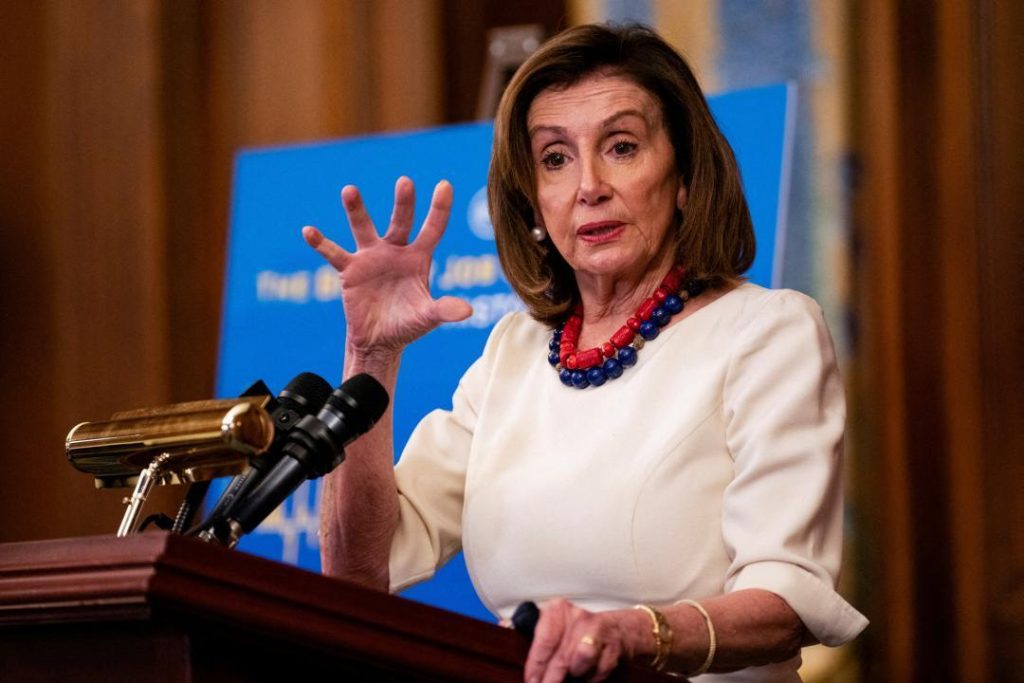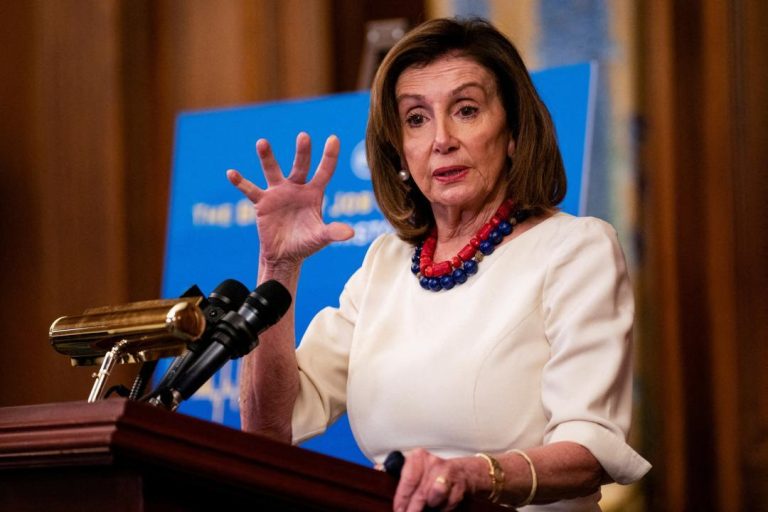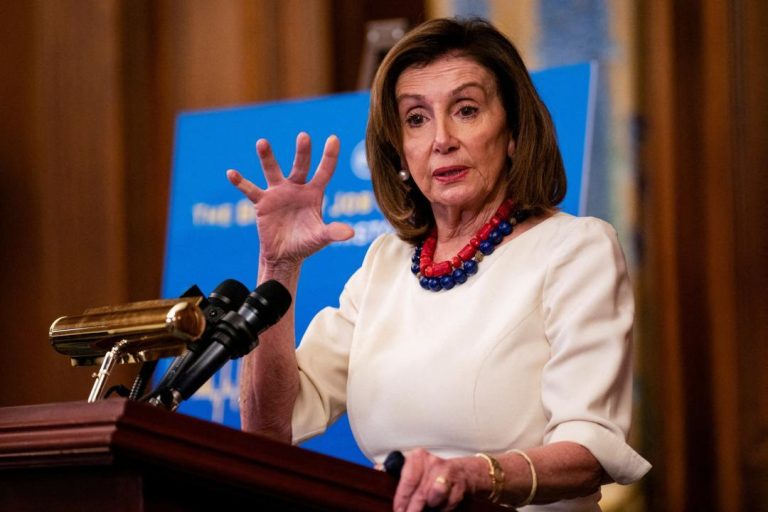
What is the PELOSI Act & why is it named after former US Speaker Nancy Pelosi?
In a move aimed at preventing conflicts of interest and promoting transparency in governance, US Senator Josh Hawley has reintroduced the Preventing Elected Leaders from Owning Securities and Investments (PELOSI) Act. The legislation seeks to prohibit lawmakers and their spouses from holding or dealing in individual stocks while holding office. The bill would, however, allow them to invest in mutual funds (MFs), exchange-traded funds (ETFs), and Treasury bonds.
The PELOSI Act is named after former US Speaker Nancy Pelosi, who has been accused of enjoying significant stock market gains during her term as Speaker. The act’s reintroduction has sparked a debate on the need for lawmakers to separate their personal finances from their official roles.
The need for the PELOSI Act
The PELOSI Act is a response to the growing concern that lawmakers’ personal financial interests may be influencing their policy decisions. With the rise of online trading and investment platforms, it has become easier for lawmakers to accumulate wealth quickly. This has led to accusations that they may be using their positions to benefit their personal finances, rather than serving the public interest.
In recent years, several high-profile scandals have highlighted the need for greater transparency in lawmakers’ financial dealings. One notable example is the case of former US Representative Chris Collins, who was charged with insider trading in 2019. Collins had allegedly used his position to obtain confidential information about a biotechnology company, allowing him to make lucrative trades.
The PELOSI Act aims to prevent such conflicts of interest by prohibiting lawmakers and their spouses from owning individual stocks. Instead, they would be allowed to invest in more diversified and less volatile assets such as MFs, ETFs, and Treasury bonds.
Why was the PELOSI Act named after Nancy Pelosi?
The PELOSI Act is named after Nancy Pelosi, the former Speaker of the US House of Representatives, because of her significant stock market gains during her term in office. In 2020, it was reported that Pelosi and her husband had accumulated a net worth of over $200 million, with a significant portion of their wealth coming from stock investments.
Pelosi has been accused of using her position to benefit her family’s financial interests. For example, she has owned stocks in companies that have received significant government contracts or have been affected by government policies. While Pelosi has denied any wrongdoing, her stock market gains have raised questions about the potential conflicts of interest.
The PELOSI Act’s reintroduction is seen as a response to the public’s growing concern about the lack of transparency in lawmakers’ financial dealings. By prohibiting lawmakers from owning individual stocks, the act aims to promote greater transparency and accountability in governance.
How would the PELOSI Act work?
Under the PELOSI Act, lawmakers and their spouses would be required to divest themselves of any individual stocks or investments within a certain period of taking office. They would then be allowed to invest in MFs, ETFs, and Treasury bonds, which are considered less volatile and less susceptible to insider trading.
To ensure compliance, the act would establish an independent agency to monitor lawmakers’ financial dealings. The agency would be responsible for reviewing lawmakers’ financial disclosure forms and investigating any potential conflicts of interest.
The PELOSI Act would also require lawmakers to disclose their investments on a regular basis, allowing the public to track their financial transactions. This would provide greater transparency and accountability, helping to rebuild trust in the political system.
Conclusion
The PELOSI Act is a critical step towards promoting transparency and accountability in governance. By prohibiting lawmakers from owning individual stocks, the act aims to prevent conflicts of interest and promote the public interest. The act’s reintroduction is a response to the growing concern about the lack of transparency in lawmakers’ financial dealings, and its passage would be a significant step towards restoring trust in the political system.
Source:





